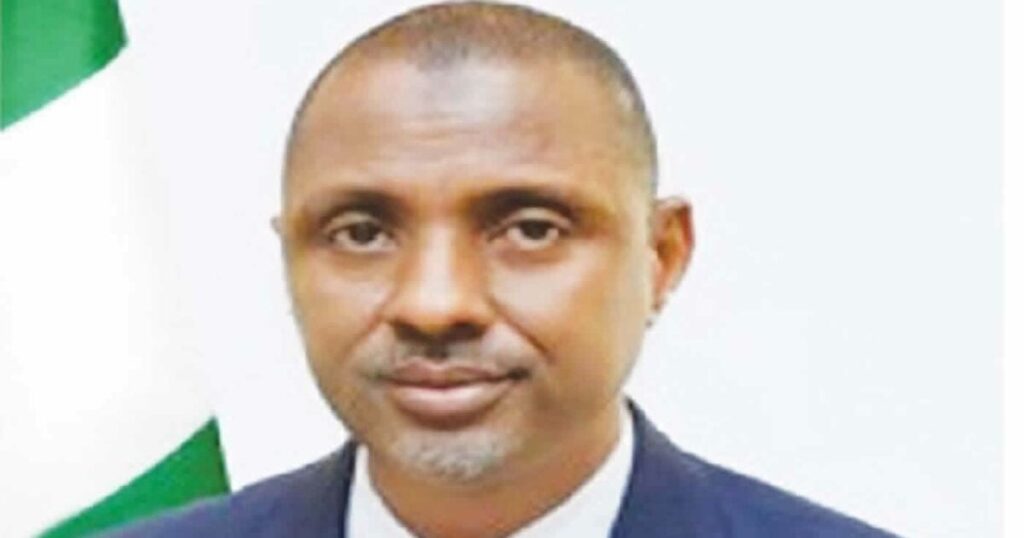The Federal Government has called for stronger collaboration with the private sector to unlock the full potential of Nigeria’s vast mineral resources and drive sustainable growth in the solid minerals sector.
The Permanent Secretary, Ministry of Solid Minerals Development, Faruk Yabo, made the call on Monday in Abuja while declaring open the 4th International Conference and Exhibition of the Nigerian Society of Economic Geologists.
The three-day conference, themed “Emerging Technologies in Economic Geology,” brought together geoscientists, investors, researchers, and policymakers to discuss innovative approaches to advancing Nigeria’s mineral and metals industry.
Yabo, who was represented by the Deputy Director of Artisanal and Small-Scale Mining, Maroof Adeyemi, said partnership with the private sector is critical to driving innovation, creating jobs, and supporting industrialisation.
He reaffirmed the government’s commitment to revitalising the solid minerals sector through ongoing reforms aimed at strengthening governance, improving security, and boosting revenue generation.
“The theme of this conference is resonant and pertinent, particularly in the context of the current administration’s effort to reaffirm its commitment to revitalising the solid minerals sector through better governance structures, a significant increase in the sector’s contribution to the GDP through enhanced revenue growth, and strengthened security networks and monitoring initiatives against illegal mining.
“We are deploying new technologies, including satellite monitoring systems, to curb illegal mining and promote sustainable practices. The restructuring of the ministry is stabilising reforms and refocusing efforts to make Nigeria’s mining industry globally competitive — and only deeper collaboration with the private sector can accelerate this goal,” Yabo said.
He disclosed that the Federal Government is finalising plans to establish a National Mining Corporation, to be known as the Nigeria Solid Minerals Company — a special-purpose vehicle designed to attract private capital and manage joint ventures in the industry.
Yabo said the National Assembly is finalising the legislative framework to support the initiative, describing it as a major step towards professionalising and commercialising the country’s mineral operations.
The development forms part of broader reforms under the Tinubu administration aimed at repositioning the solid minerals sector as a key pillar of economic diversification.
Nigeria is believed to possess over 44 commercially viable mineral types spread across more than 500 locations nationwide.
Yabo highlighted ongoing projects such as the National Integrated Mineral Exploration Project, whose first phase has been completed, with plans underway to launch the second phase. The initiative, he said, continues to generate vital geoscientific data needed to de-risk exploration and attract credible investors.
“These efforts demonstrate our commitment to providing a solid foundation for data-driven investment decisions and responsible resource management,” he added.
He also stressed that as global demand for critical minerals such as lithium, cobalt, and platinum group metals continues to surge, Nigeria must balance extraction with sustainability and community welfare.
“The future of mining is not just about finding ore bodies; it’s about responsible resource development that respects the environment and benefits host communities,” he said.
In his welcome address, the President of the Nigerian Society of Economic Geologists, Prof. Samuel Olobaniyi, reaffirmed the society’s commitment to advancing Nigeria’s solid minerals sector through research, innovation, and international coll…















